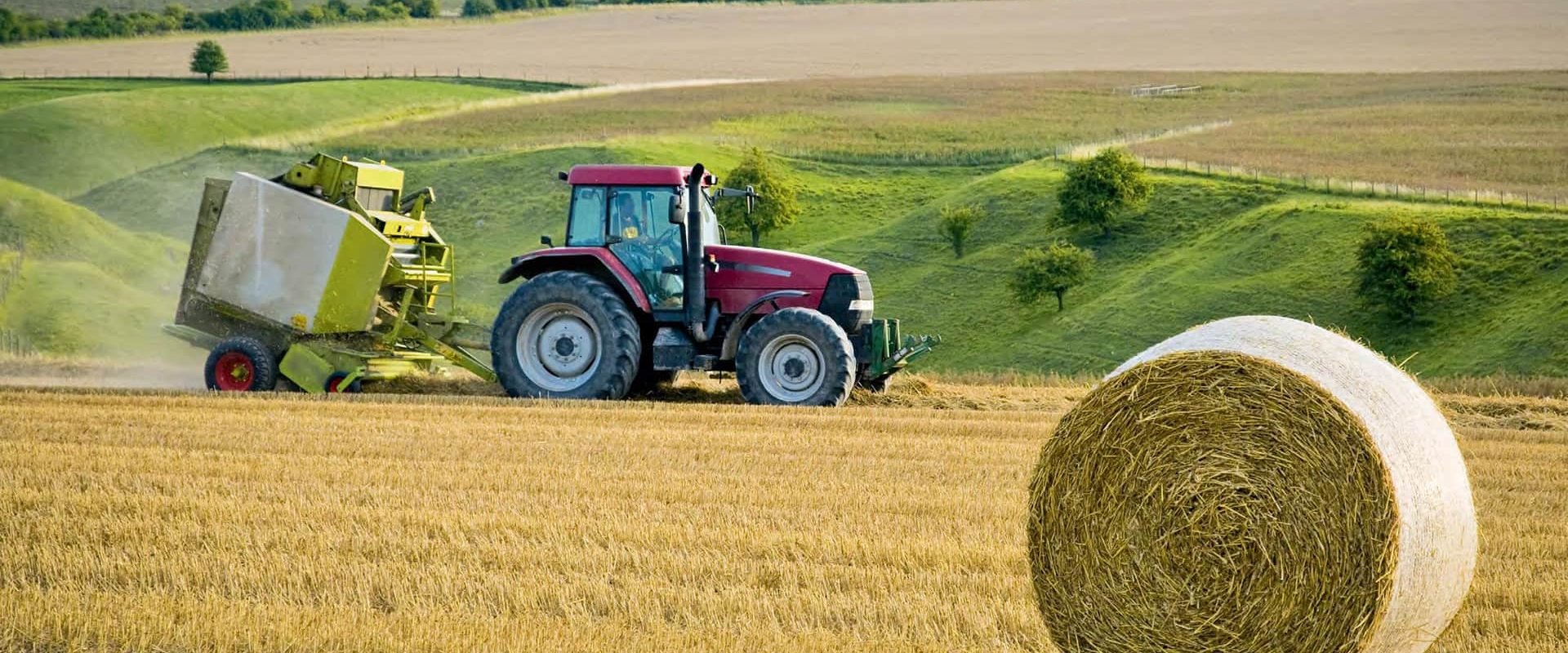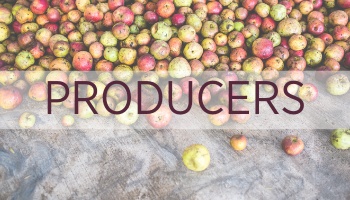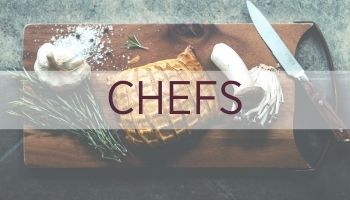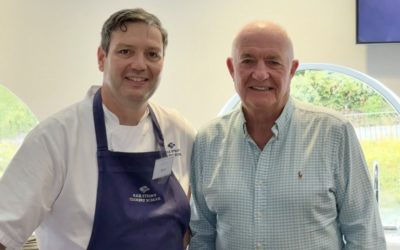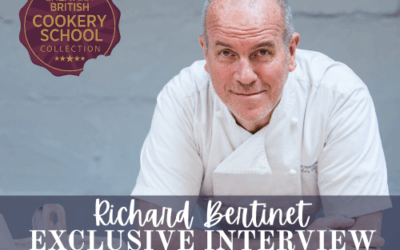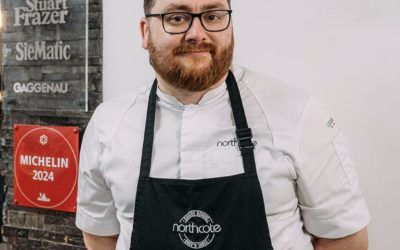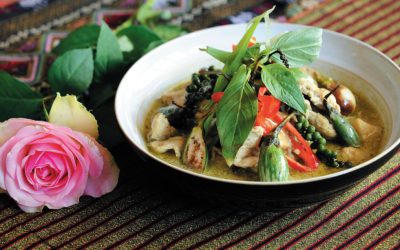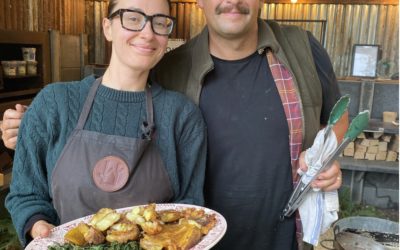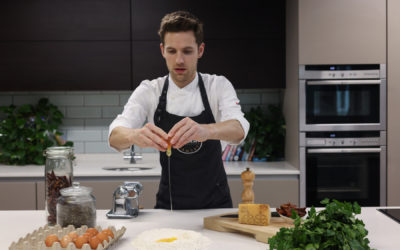75 years since the end of World War II, and now we are amidst a new war with an invisible virus, championing responsible British farming and buying local has never been more relevant.
During World Wars I and II, those who were not out fighting in the trenches or on the beaches, untethered the remaining work horses, picked up their hoes, and started to plough the land to grow produce for the troops abroad to keep them fed and maintain their nutrition as much as possible. Back then food miles went from this green and pleasant land to the Western Front.
This focus on home-grown produce was born out of necessity, largely because our supplies from overseas were being bombed, depriving us of our bananas and sugary American chocolate. Once rationing had ended, we were eager to feast on overseas produce including citrus fruit and the humble banana – my mum still remembers her first in the 1950s.
Our taste for exotic flavours continued with the introduction of kiwi fruit, mango, papaya and a host of weird and wonderful vegetables. More recently we’ve been enticed by ‘super-food’ goji berries, couscous, the asparagus from Kenya and Peru and a whole selection of exotic vegetables and meats to indulge our gourmet curiosities.
So what about the humble British producer? Seemingly a rarity until the 1990s when we started to enjoy a flurry of celebrity chefs, and presenters ‘re-discovering’ British farmers via TV food tours of Britain by the likes of ‘Rick Stein’s Food Heroes’, and more recently The Hairy Bikers’ various tours of Britain’s regions and James Martin ‘Highland to Islands’ series. We were, until lock-down, beating the French hands-down with our British cheeses (producing more varieties in the UK than France do), and even our English sparkling wines have been knocking the French and the rest of Europe off their bar stools!
When we can find it on the emptying shelves of British supermarkets, home-produced is always best, for flavour, quality, nutrition, price and national pride. Britain can boast the highest standards of animal welfare in the world. We have the safest eggs in the world: 100% salmonella-free; with more than 50% of UK eggs being free-range; and some of the happiest chickens in Europe with more ‘living space’ allocated per farmed bird. We also boast a growing number of free-range, organic and ‘Freedom Food’ breeders; our beef and lamb is amongst the best in the world; and our pork is mainly outdoor bred. rare breeds are sustained buy passionate farmers and Chef supporters such as Cyrus Todiwala OBE, who is an active supporter of rare breeds.
As post-Brexit ‘free-trade’ deals are put on hold, we need to be wary of other, less welfare-focused countries such as the USA keen to flood our market with less ethically produced meats, ‘bleached chicken’ more chemically infused fruit and veg, and often inferior products. In the UK, many of our world leading chefs have been working together with British producers buying their produce regionally and seasonally.
At GREATEST BRITISH we are also passionate in supporting the importance of sourcing regionally and seasonally through our ‘GourmetXperiences’ which each promote and teach, via our Cookery School Experiences such core values. Maybe British farming is going to under-go another ‘home-grown’ renaissance, following the Governments’ replacement of the controversial EU’s ‘Common Agricultural Policy’, with our very own home grown version. – Once again ‘digging for Britain’ during these uncertain times.
by James Day, Founder of The GREATEST BRITISH Experiences Company, & Director of Not-for-Profit ICSA Cookery Schools.
#EATBRITISH.

